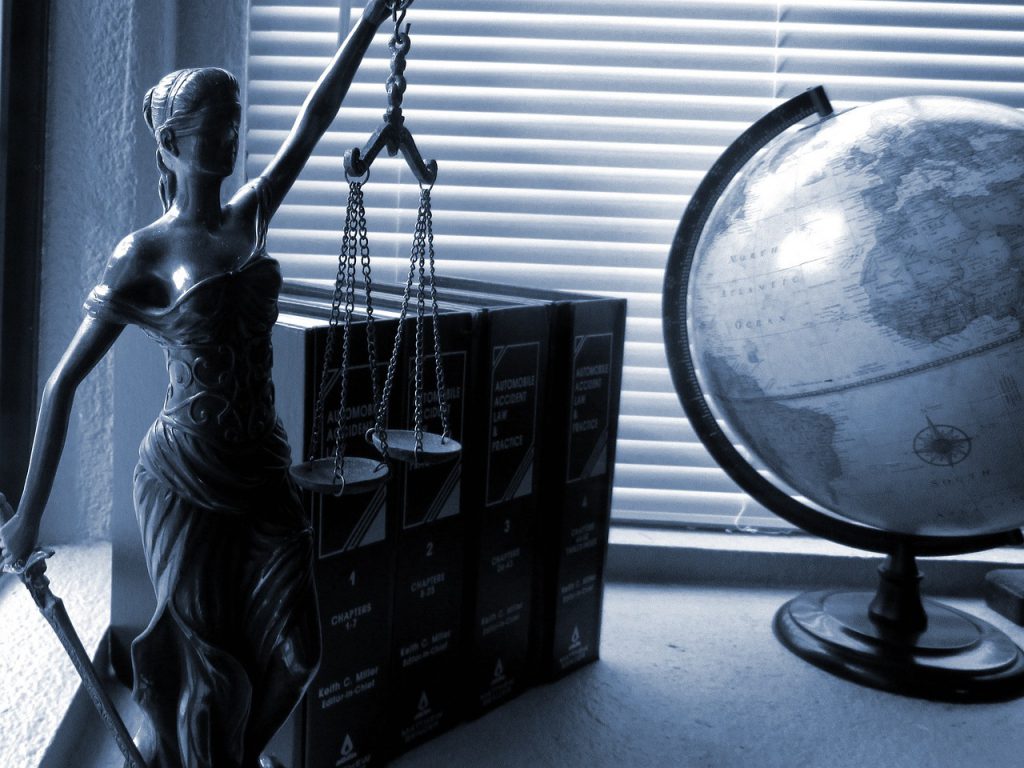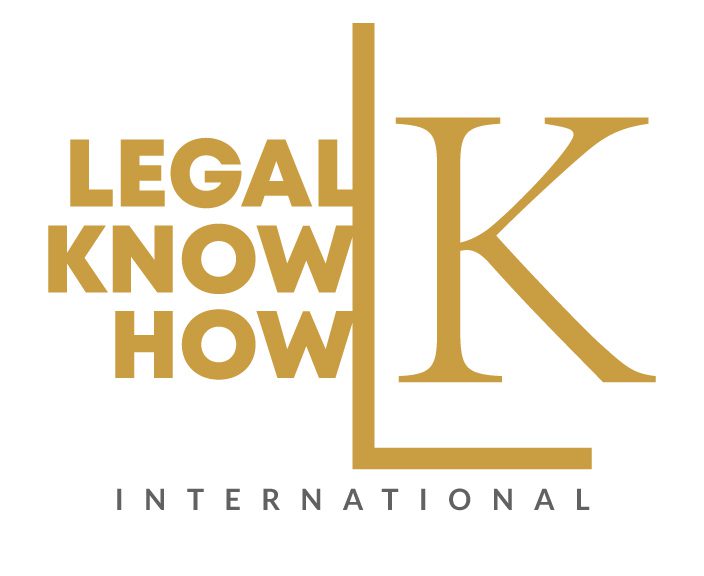Procedures, estimated timeline and relevant cost of Criminal lawsuit in Thailand

A criminal lawsuit in Thailand involves legal proceedings initiated by the state against individuals or entities accused of committing criminal offenses.
In this article, we will outline steps on filing a criminal lawsuit in Thailand, which involves a different set of procedures compared to a civil lawsuit, as it primarily involves state prosecution. Here’s an overview of the procedures, estimated timeline, and relevant costs:
Procedures
- Filing a Complaint
- Report to Police: The victim or their representative reports the crime to the police.
- Police Investigation: The police conduct an investigation, which includes gathering evidence, interviewing witnesses, and possibly detaining the suspect.
- Filing Charges: If there is sufficient evidence, the police file charges with the public prosecutor.
- Public Prosecutor’s Role
- Review of Evidence: The public prosecutor reviews the evidence collected by the police.
- Decision to Prosecute: The prosecutor decides whether to proceed with the case or dismiss it.
- Court Proceedings
- Arraignment: The suspect (now the defendant) is formally charged in court and enters a plea.
- Pre-Trial Hearings: The court may hold preliminary hearings to address pre-trial motions and set a trial date.
- Trial: Both the prosecution and defense present their evidence and arguments. The trial can consist of multiple hearings.
- Verdict: After considering the evidence, the judge issues a verdict.
- Post-Trial
- Appeals: The defendant has the right to appeal the verdict to a higher court.
- Sentencing and Punishment: If found guilty, the court imposes a sentence, which can include imprisonment, fines, or other penalties.
- Enforcement: The sentence is carried out by the relevant authorities.
Estimated Timeline
- Filing a Complaint and Police Investigation: 1-6 months (depending on the complexity of the case).
- Prosecutor’s Review and Decision: 1-3 months.
- Pre-Trial Hearings: 1-3 months.
- Trial: 3-12 months (can be longer for complex cases).
- Verdict and Sentencing: 1-3 months.
- Appeals: 6-18 months (if an appeal is filed).
In total, a criminal lawsuit in Thailand can take anywhere from 1-3 years from filing the complaint to final resolution, including appeals.
Relevant Costs
- Legal Fees:
- Consultation Fee: Typically between THB 2,000-10,000 per hour.
- Retainer Fee: Varies; can be THB 50,000-300,000 or more, depending on the complexity of the case.
- Additional Legal Fees: Ongoing hourly rates or fixed fees for specific services.
- Court Fees:
- Generally lower than in civil cases, as criminal prosecution is handled by the state. However, there may be some administrative costs.
- Miscellaneous Costs:
- Translation and Notarization: Required for documents not in Thai; costs vary.
- Expert Witness Fees: If expert testimony is required.
- Bail: If the defendant is granted bail, there may be significant costs associated with posting bail.
- Private Prosecution:
- In some cases, the victim may choose to pursue a private prosecution if the public prosecutor decides not to prosecute. This can incur additional costs for legal representation and court fees.
Types of Litigations of Criminal Lawsuit
- Criminal Cases That May Be Prosecuted by Police and Prosecutors:
- Police Investigation: The police will start the investigation process upon receiving a report. If additional evidence or witness interviews are required, the police will proceed accordingly.
- Case File Drafting: Once the investigation is complete, the police will draft a case file, which includes evidence and a preliminary assessment of the offense.
- Submitting the Case to the Prosecutor: The police will send the case file to the prosecutor for review. If the prosecutor finds sufficient grounds, they will file the case in court.
- Criminal Cases That Can Be Directly Filed in Court Through a Lawyer:
- Complaint Drafting: The victim or their lawyer can draft a complaint that specifies the accusations and facts to present to the court.
- Submitting the Complaint to the Court: The complaint must be submitted to the court for the judge to review and accept. If the court finds sufficient evidence, the case will proceed. This is known as “direct filing” or “preliminary hearing.”
Both types have the same procedures for consideration and litigation. These procedures include the court’s judgment and testimony from witnesses.
The choice of which type to use depends on the case’s details and the needs of the victim. However, litigation through the investigation and prosecution process is typically the standard and most commonly conducted.
Summary
Pursuing a criminal lawsuit in Thailand involves reporting the crime to the police, undergoing an investigation, and possibly proceeding to trial. The process is generally faster than civil litigation but can still be lengthy and costly. Legal representation is crucial for navigating the complexities of the criminal justice system.
admin
Contact us

Head Office
140/2 Ratsami 2/7 Taweewattana,
Sala Thammasop District,
Bangkok 10170
info@legalknowhow.co
© Copyright 2025 LegalKnowHow Co., Ltd. All rights reserved.
Privacy Policy | Terms & Conditions
